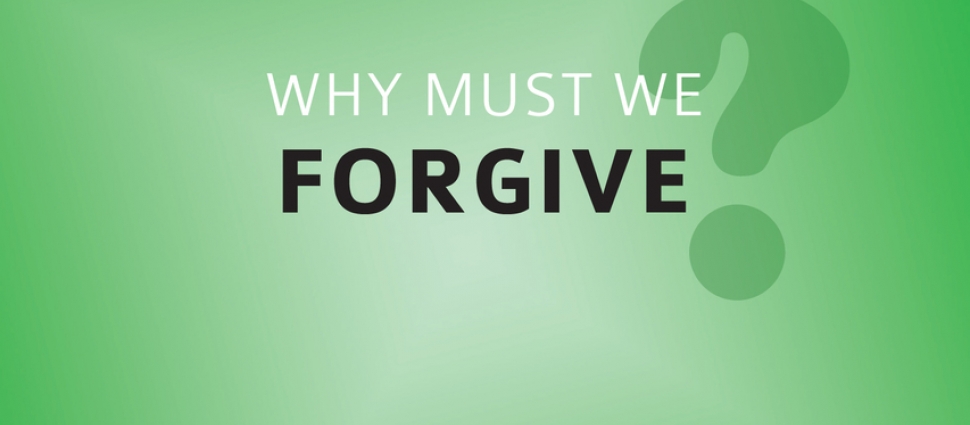Why Must We Forgive?

September 9, 2015
 Every Christian knows that we are called to forgive others. But as soon as we talk about what that means, disagreements abound. Stanley Gale has a new booklet out on the important topic of Christian forgiveness as part of the Cultivating Biblical Godliness series published by Reformation Heritage Books.
Every Christian knows that we are called to forgive others. But as soon as we talk about what that means, disagreements abound. Stanley Gale has a new booklet out on the important topic of Christian forgiveness as part of the Cultivating Biblical Godliness series published by Reformation Heritage Books.In about 30 pages, Gale tackles some of the questions and disagreements that surface when we think deeply about this doctrine, while teaching the forgiveness Christians receive in Christ as the foundation for forgiveness reciprocated to others. This foundation is why we must forgive. Gale asserts that refusing to forgive “undermines, or at least underestimates, the power of the gospel itself” (2). Here are some of the questions he tackles:
“What part, then, does our forgiveness play in our ongoing relationship with God?” (4)
“Why must we ask God forgiveness if we already stand completely and continually forgiven by him?” (5)
Is “forgive and forget” a biblical concept? (17)
What about those times when the person who sinned against us doesn’t ask for forgiveness? (19)
I’m not going to give all of Gale’s answers because it would be more helpful to read his own words. But I thought I’d share how this small book gets you thinking and praying by discussing one of these. Gale affirms that it is important to ask God forgiveness when we sin. He cites 1 John 1:8 and 1:10 to show from God’s word that Christians continue to sin. The verse in between these two says, “If we confess our sins, he is faithful and just to forgive us our sins and to cleanse us from all unrighteousness” (1 John 1:9).
Gale highlights the importance of confessing our sins because, “when we confess our sins, we align ourselves with God” (5). We are acknowledging our sin for what it really is and affirming the goodness of God’s law. And God isn’t only merciful to forgive our sins. This verse says that he is faithful and just, reminding us of the transaction that is taking place in forgiveness on the basis of Christ’s work on our behalf.
As he explains this further by looking at 1 John 2:1-2, Gale makes the important point that “Forgiveness is not found in mere confession of sin, but in confession of Christ” (7). That changes everything. It got me thinking about how this important truth contrasts the popular concept of needing to forgive our selves. Who are we confessing when we forgive ourselves? And what does that even mean? When we sin, we are offending the holy God. And if he is faithful and just to forgive us when we confess, then that is all we need!
It also made me think of who we are confessing when we forgive others who have sinned against us. We don’t forgive based on our own righteousness or goodness of heart, but as a reciprocation of the grace that we have been given in Christ. Forgiveness requires faith in the person and work of Jesus Christ. And it is costly.
Gale explains what it actually means to forgive one another and gives helpful teaching on how to put forgiveness in action. Just saying, “I forgive you” doesn’t mean you have actually done it. “Forgiveness is not an end point; rather it is a pivot point. It paves the way for something new” (23).
The author then moves on to the hard questions about trust and consequences for sin. Forgiveness is not an excuse for naivety or to enable sin. And it does not mean that we hide the pain that someone has caused. But it does mean that we seek relationships that honor Christ as we treat one another “as image bearers of God rather than as objects of our hate” (27-29).
It only took me a few minutes to read this booklet, but I have been thinking about it all week. Where would we be without God’s forgiveness in Christ? And yet, when I meditate on all that forgiveness entails, it is so hard for me to reciprocate. Forgiveness is one of the first doctrines we are taught as Christians, a crucial part of the gospel itself. But I feel I am still in the elementary school of God’s justice and grace. What a Savior we have in Jesus. What an amazing God we serve.




